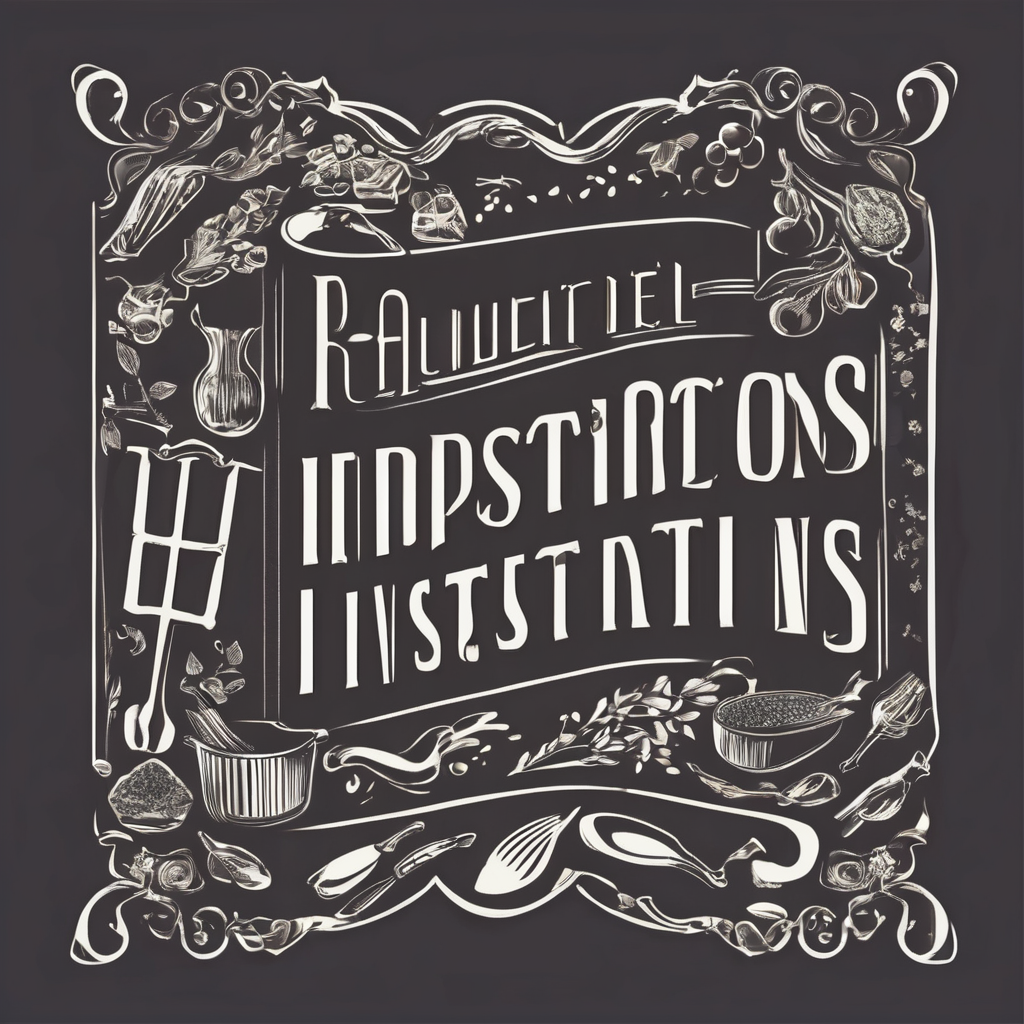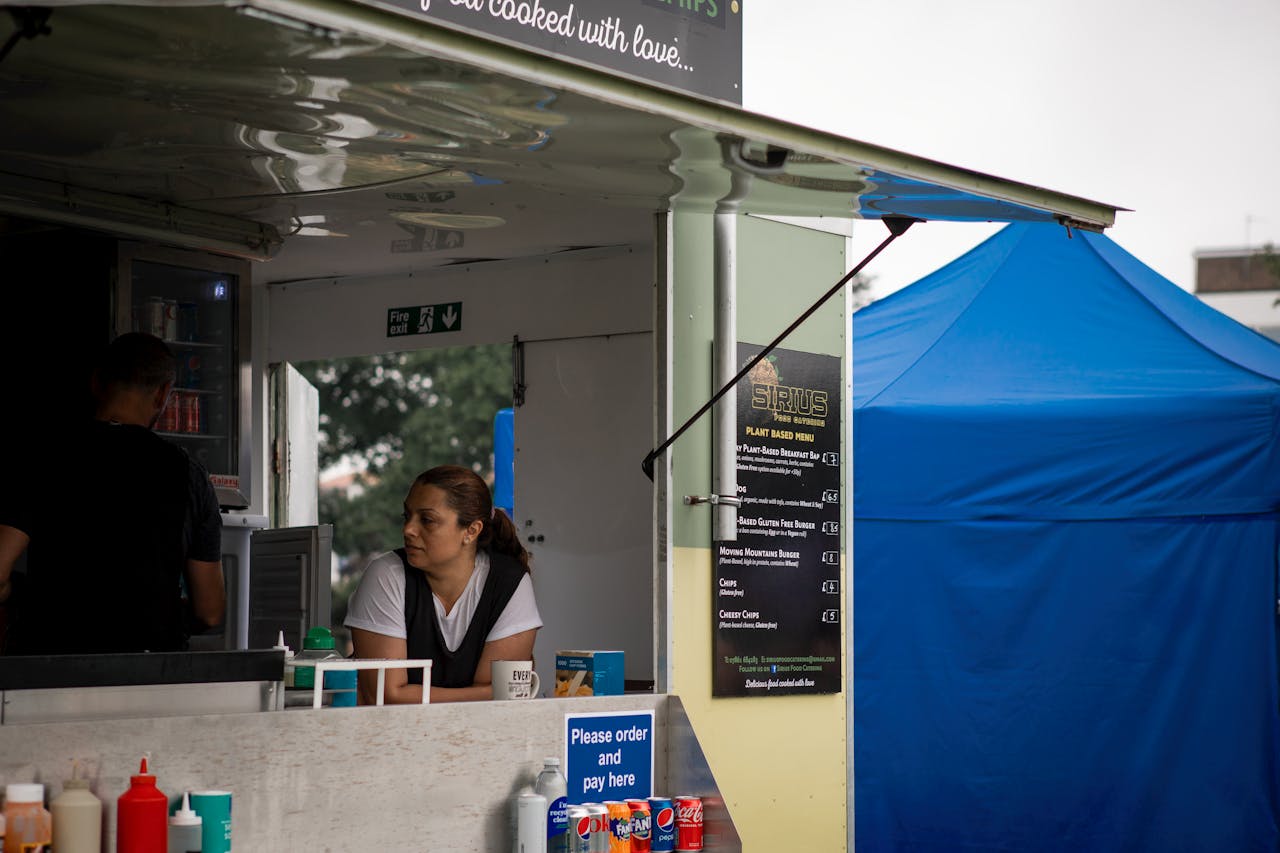Maintaining high standards of food safety compliance is crucial for any business, especially for mobile catering services. The nature of your operations, which includes handling and selling food on the street, necessitates rigorous adherence to health and food hygiene practices.
Predictably, this can be a challenging task, given the scale of operations, the number of staff involved, and the various business aspects to be managed. However, a steadfast commitment to food safety compliance can ensure the health and safety of your clients, protect your business reputation, and avoid any potential run-ins with the law.
In the same genre : What are effective ways to train bar staff on new cocktail recipes?
In this detailed article, we will explore various ways you can ensure compliance with food hygiene regulations in your mobile catering service. We will delve into the importance of staff training, creating a dedicated safety department, and the importance of handling food products safely.
Compliance with Regulations
All businesses engaged in food handling services must abide by the regulations set out by the health department. These regulations are designed to ensure the safety of both the business and its customers. Compliance with these laws is not just a legal requirement but acts as a benchmark for the quality of your services.
In parallel : How can you effectively utilize a limited space for a bakery within a restaurant?
Understanding regulations requires a detailed study of the laws applicable in your area of operation. These could be national or local laws, and you need to be aware of both. In addition to the legal requirements, there are also industry standards for food safety practices, which you need to adhere to for maintaining your business reputation.
Compliance also implies regular audits and inspections from the health department. These inspections ensure that your mobile catering service is following all the required safety measures, handling food products correctly, and serving safe food to its customers.
Implementing Safety Practices
Once you are familiar with the laws and standards, the next step is the practical application of these regulations. This involves implementing these safety practices in your day-to-day operations. This could range from maintaining hygiene in your mobile kitchen, ensuring the correct temperature for storing food, proper handling of food products, and more.
Implementing safety practices also mean creating a safety-conscious culture among your staff. This can be accomplished through regular training sessions, workshops, and constant reinforcement of the importance of food safety. It is essential to remember that your staff is the backbone of your operation, and their adherence to safety practices directly impacts your business compliance.
Staff Training
Staff training is one of the most critical aspects of ensuring food safety compliance. Well-trained staff are less likely to make mistakes that could lead to health issues or violations of regulations. Therefore, investing in staff training is a smart business decision.
Training should cover a wide range of topics, including food handling practices, hygiene standards, and an understanding of food safety laws. By empowering your staff with knowledge, you instil a sense of responsibility and ownership in them towards the safety practices of your business.
Training sessions should be a regular part of your operations and should be updated to reflect any changes in laws or industry practices.
Setting Up a Safety Department
A safety department, though it may seem like an additional cost, can be invaluable in ensuring food safety compliance. This department can monitor day-to-day operations, conduct internal audits, keep track of regulatory changes, and manage staff training programs.
The safety department should be staffed with individuals who have a strong understanding of food safety regulations and practices. They should be able to communicate these practices effectively to the rest of the staff and be able to monitor the adherence to these practices.
Having a dedicated safety department shows your commitment to food safety and can be a strong signal to both your customers and the regulators.
Safe Handling of Food Products
Last, but certainly not least, safe handling of food products is a cornerstone of food safety compliance. This involves correct storage practices, avoiding cross-contamination, maintaining the proper temperature of food, and ensuring the freshness of products.
Proper handling also entails strict adherence to preparation procedures, ensuring food is cooked at the right temperatures, and maintaining clean and sanitized equipment for cooking and serving. These practices not only ensure the safety of the food but also enhance its taste and quality, adding to the overall customer experience.
In summary, ensuring compliance with food hygiene regulations in a mobile catering service requires understanding and implementing regulations, staff training, setting up a safety department, and safe handling of food products. It can be a challenging task, but with the right practices in place, it can be achieved.
Regular Audits and Inspections
Regular audits and inspections are a vital component of ensuring compliance with food hygiene regulations for your mobile food service. These evaluations allow you to measure your business’s adherence to safety standards, identify any potential areas of concern, and make necessary improvements. Therefore, it is crucial not to view audits and inspections as a threat but as an opportunity to assess your performance and improve.
The health department typically conducts these inspections. Still, you may also consider getting an independent audit done to get an unbiased evaluation of your food safety practices. These audits will examine everything from food handling procedures, storage practices, cleanliness of your mobile kitchen, staff hygiene practices, and more. They aim to ensure that you are not only following the laws but also exceeding them where possible.
There must be an established routine for these audits and inspections, and they should not be seen as a one-off event. Regular audits help you stay on top of any changes in regulations, ensure ongoing compliance, and create a culture of continuous improvement. It allows your business to identify potential issues before they become significant problems and can demonstrate to customers and health authorities that you take food safety seriously.
Technology Integration
In the current digital age, leveraging technology can significantly assist in maintaining compliance with food hygiene regulations. Various food safety apps and software can help monitor and manage your food safety practices, making them more efficient, accurate, and reliable.
Technology can assist in several ways. For instance, digital temperature monitors can ensure food products are stored and served at the correct temperatures. Inventory management systems can monitor the freshness of your ingredients. Additionally, training software can provide interactive and engaging training sessions for your staff, ensuring they are up to date with food handling procedures and safety standards.
Moreover, technology can help you maintain a digital record of all your safety procedures, audits, inspections, and training programs. This not only organizes your documentation but also makes it easier to demonstrate compliance during inspections.
Remember, the technology used should be user-friendly and integrate seamlessly with your operations. It should enhance your food safety practices and not create additional complications. Therefore, it is worth spending time researching the best technology solution that fits your business requirements.
Conclusion
Ensuring compliance with food hygiene regulations is a primary concern for any mobile catering service. It requires a thorough understanding of the regulations, implementation of safety practices, regular staff training, setting up a safety department, and safe handling of food products. However, achieving this should not be seen as a burden but as a means to guarantee public health, enhance customer trust, and safeguard your business reputation.
Moreover, regular audits and inspections and the integration of technology into your operations can considerably help maintain food safety compliance. By implementing these methods, you ensure that your mobile catering service operates at the highest possible safety hygiene standards, reaffirming your commitment to your customers’ health safety.
Remember, maintaining food safety compliance might be challenging, but it’s a commitment that yields significant rewards – from ensuring the health of your customers to preserving the reputation of your business. By investing time, resources, and effort, you create a mobile catering service that is not only successful but also safe and reliable.






